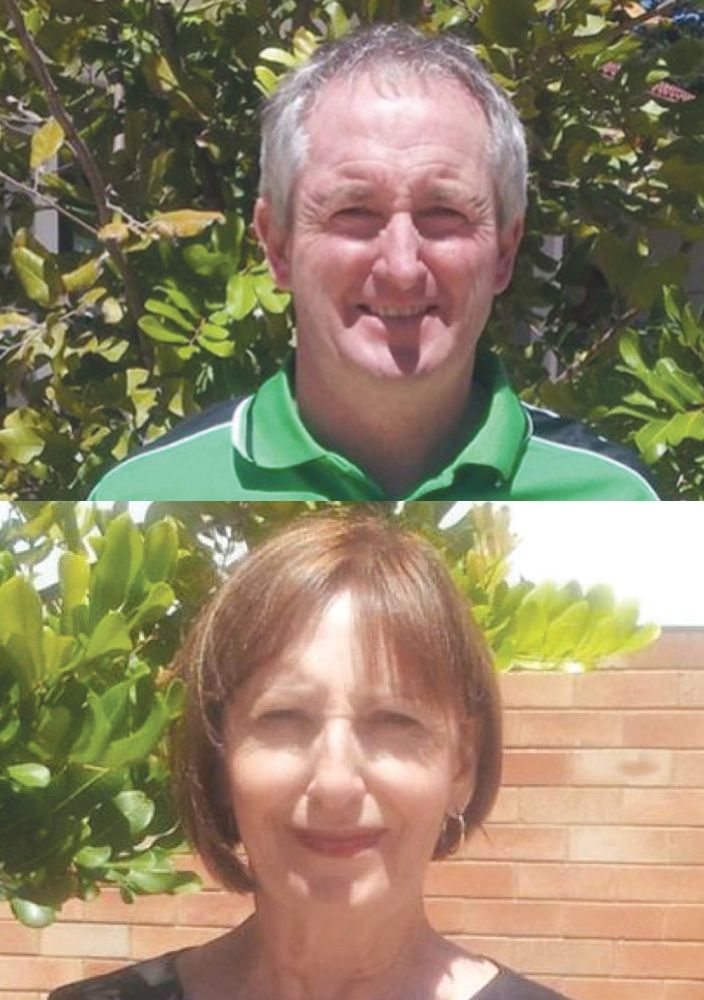A pilot project involving five schools in the Maitland-Newcastle Diocese is looking at ways to encourage teachers to take ownership of their own PD.
Talking about the conversation

The Professional Practice and Development Framework project is being run at St Joseph’s Merewether, Holy Family Merewether Beach, Holy Name at Forster, St Marys at Scone, St Paul’s Gateshead and San Clemente High School in Newcastle.
The project is funded under the Federal Government’s Empowering Local Schools National Partnership, aimed at getting schools to better respond to their communities by making decisions at a local level.
Holy Family Principal Mark Twohill and Assistant Principal Marg Rabbitt say each school was given the task of developing a framework by which a teacher could reach the required performance. Holy Family decided to use the Australian Standards as its framework. Other pilot schools have used other formats.
“Initially we wanted teachers to pick goals that would improve their practice,” Mark says.
“But we realised trying to impose what we thought was needed on them wasn’t working.
“Then we went to a PD day at University of NSW where we were advised to undergo a professional learning conversation with our teachers, and allow them to converse with each other before we looked at developing their capacity.
“We got a format for professional conversations where we asked a couple of questions about ‘why you want to be a teacher,’ ‘what have you done well in the last week’ and ‘where do you see your professional practice going’?”
Marg says asking teachers what motivates them was a conversation they enjoyed having.
“Finding out what interests their colleagues and what they had in common and bringing their philosophies out into the open sparked a lot of talk,” Marg says.
“From there we looked at some videos and got them to nominate where they thought they were in terms of the Standards and then we had a starting point to move from.
“It wasn’t as simple as ‘you’re on a 12-month performance program and we want you to set goals’.”
Mark says the conversations lead to people being re-engaged with why they became teachers and interested in their own PD, and ways they could improve it.
“Rather than have a model that came from above and was all about appraisal, it became a formal model of PD that was run by teachers.”
Marg says this way of thinking became part of the school culture, with time set aside in every staff meeting for a conversation about what was driving the teachers, their shared goals and interests.
Mark says: “We’re involved with the concept of a professional learning community where everyone works collaboratively. It’s not just about your classroom but the whole school community. Every child is the responsibility of every teacher.
“The ‘deprivatisation’ of the classroom is a wonderful concept once people are comfortable that they aren’t being judged.
“It’s about treating people as professionals and expecting them to operate at a professional level.
“Employers and the executive have a responsibility to put money aside to allow teachers to build their capacity.
“If you have a teacher that’s not performing well then you help that teacher become a better teacher and you help a good teacher become an excellent teacher.
“This requires funding from governments and employers as it does take time and energy to work properly.
“We were lucky that we were part of this project that provided that extra funding.”



































































































































